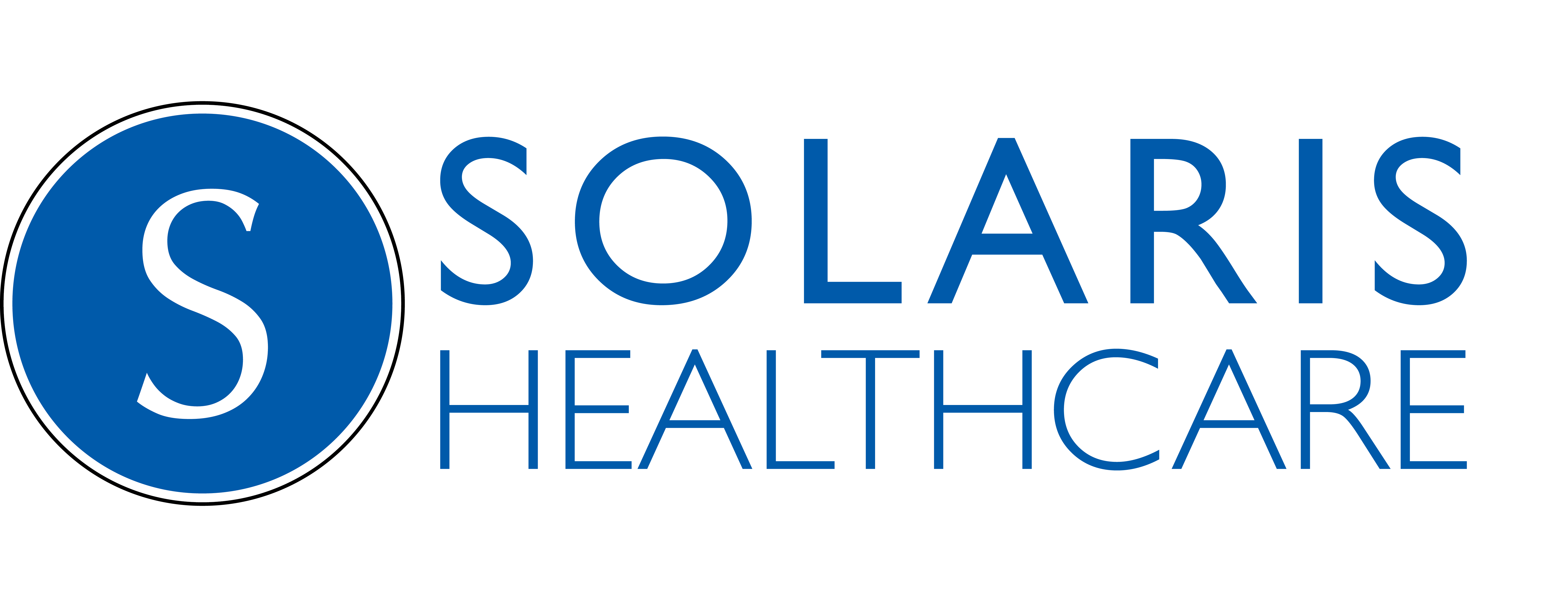The Role of Advance Directives in Healthcare Planning
Empowering Patients & Families: Understanding the Importance of Advance Directives

Advance directives play a vital role in healthcare planning, empowering individuals to make decisions about their medical treatment preferences in advance. These legal documents provide guidance to healthcare providers and loved ones in the event that a person becomes incapacitated and unable to communicate their wishes. In this article, we’ll explore the importance of advance directives, their components, and how they benefit patients and their families.
Understanding Advance Directives
Advance directives are legal documents that allow individuals to express their healthcare preferences and appoint a healthcare proxy or surrogate decision-maker to act on their behalf if they are unable to make medical decisions. There are different types of advance directives, including living wills, durable power of attorney for healthcare, and do-not-resuscitate orders.
Components of Advance Directives
Living Will
A living will outlines an individual’s preferences regarding medical treatment in specific situations, such as end-of-life care, life-sustaining treatments, and organ donation.
Durable Power of Attorney for Healthcare
This document appoints a trusted person, known as a healthcare proxy or agent, to make medical decisions on behalf of the individual if they are unable to do so themselves.
Do-Not-Resuscitate (DNR) Order
A DNR order instructs healthcare providers not to perform cardiopulmonary resuscitation (CPR) if the individual’s heart stops beating or if they stop breathing.
Benefits of Advance Directives
Ensuring Personal Wishes are Honored: Advance directives enable individuals to communicate their healthcare preferences and ensure that their wishes are respected, even if they are unable to express them verbally.
Reducing Family Burden: By specifying their medical treatment preferences in advance, individuals relieve their families of the burden of making difficult decisions during a crisis.
Providing Clarity to Healthcare Providers: Advance directives provide clear guidance to healthcare providers, ensuring that they understand the individual’s preferences and can provide appropriate care in accordance with their wishes.
“When you make plans ahead of time, you’re not doing it for yourself, you’re doing it for your family.”
State-by-State Variations in Advance Directive Types
One of the key differences in advance directives across states is the types of documents recognized and available. While most states recognize living wills and durable power of attorney for healthcare (also known as healthcare proxy or medical power of attorney), the specific requirements and terminology may vary. Some states may also have additional advance directive documents, such as psychiatric advance directives or Physician Orders for Life-Sustaining Treatment (POLST) forms.
Legal Requirements and Execution
Each state has its own legal requirements for the execution and validity of advance directives. These requirements may include witness signatures, notarization, or specific language that must be included in the document. It’s essential for individuals to familiarize themselves with their state’s legal requirements and ensure that their advance directives comply with these standards to be legally valid.
Find Advance Directive Forms by State ⇒
Healthy Proxy Designation
In some states, individuals may designate a healthcare proxy or agent to make medical decisions on their behalf if they are unable to do so themselves. The process for appointing a healthcare proxy may vary, including requirements for witnesses or notarization. Additionally, some states may allow individuals to specify their healthcare preferences in more detail, while others may provide more flexibility to the designated agent.

Empowering Patients and Families:
Creating advance directives is an empowering process that allows individuals to take control of their healthcare decisions and advocate for their own care. It also provides peace of mind to family members, knowing that they are honoring their loved one’s wishes.
Refrences
Share:
Search Resources
ADDITIONAL RESOURCES
LEARN ABOUT OUR CARE SERVICES:
PALLIATIVE CARE →
INDUSTRY TRUSTED




